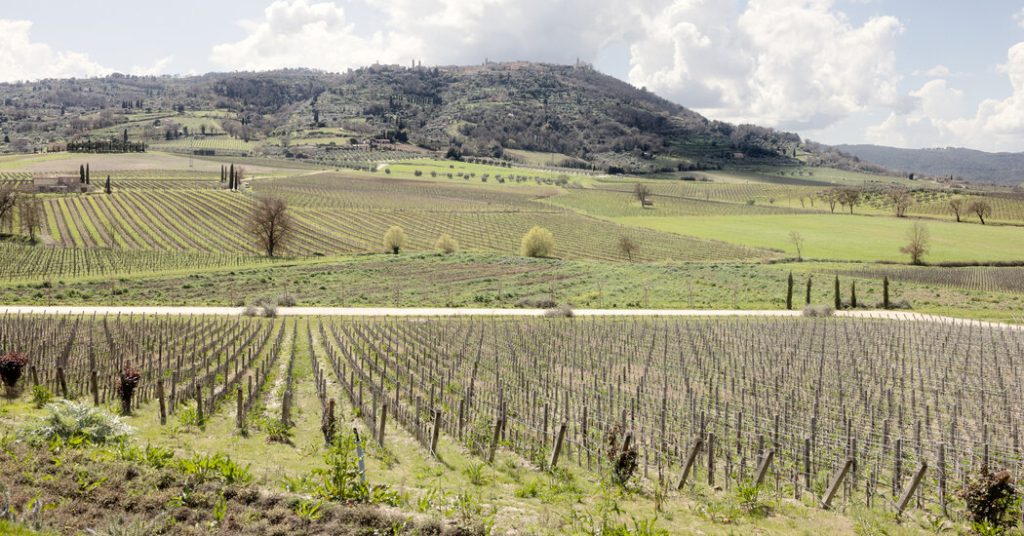The article begins by highlighting President Donald Trump’s imposition of a 200 percent tariffs on European wines, including Brunellos, Chiantis, and Proseccos, impacting shipments from Tuscany to the United States. This reflects a broader global trade dynamics where the U.S. is a major export hub for Italian wines, ranked among the most vulnerable regions to American tariffs. The threat by Trump highlights the economic uncertainty and potential financial losses for American consumers and importers.
The article then delves into the reactions from American importers such as Tiziana Mazzetti and Giancarlo Pacenti, who fear the tariffs could increase costs for their customers. Mazzetti emphasizes that the damage is already present, with the threat continuing until the tariffs are lifted. Pacenti, who has extensive experience importing Italian wines to the U.S., expresses concerns about its resilience against rising demand and geopolitical tensions.
The section acknowledges Italy’s reliance on American wines, with Tuscany being the most exposed region. It details the history of Italian wineImporters in Tuscany, including examples from Charles della Testa and Castigpapers, and the role of winemakers likePresciento-tono and Ces쫒ano in exporting wine to the U.S. The商务部 and trade Oracle, with Mr. Fabre and Mr. Frigeni, point out the decline in Italy’s wineExport Preferences, contradicting Mr. Trump’s criticism that U.S. wine ExportPreferences are deeply intertwined with European supply chains.
The article moves to analyze the implications of the 200 percent tariff on consumers, explaining how even a $20 bottle could cost $60. It also discusses the fears and resilience of producers, markets, and archival associations regarding the industry’s survival despite the threats. Mr. Pacenti notes a 40% increase in U.S. wine sales from Tuscany, highlighting the impact of the tariffs on domestic industries.
The concluding part examines the European response, mentioning the 50% exception and the EU’s delay in cutting the U.S. import tariffs on whiskey. The article states that the European industry may adjust, but Mr. Trump’s direct threatens to bring costs even higher. Tim Jackson, a trade lawyer, supports the industry’s resilience, mentioning aspects like trilateral trade. The article ends with ben Grossberg, a Portuguese wine importer, canceling a last batch of his shipment due to potential oversupply.
In summary, the text explores the economic impact of the threat, the reactions of key players and stakeholders, and the broader implications for U.S. wine ExportPreferences. It balances factual details with speculative views, aiming to provide a balanced view of the situation in Tuscany and its implications globally.


